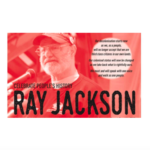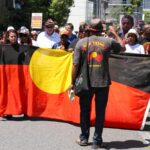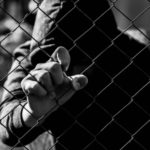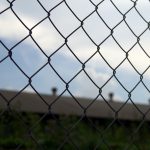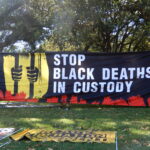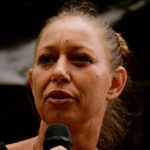Empowering Disadvantaged Youth: An Interview With YSMP’s Uncle Dave Bell
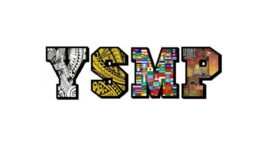
For the past twenty years, the Young Spirit Mentoring Program (YSMP) has been empowering disadvantaged youth from Liverpool, Campbelltown and surrounding areas. Indeed, around 10,000 local kids have benefited from the program.
Run by respected community leader Uncle Dave Bell, YSMP currently involves around 40 kids getting together after school on Monday and Friday afternoons to take part in the multicultural training program that provides guidance and routine.
The basis of the program is fitness training and boxing. And through this, YSMP instils a sense of belonging and community, as well as discipline, within the youths that take part. And, as Uncle Dave tells it, eventually these youths develop into role models and mentors for future participants.
The Young Spirit Mentoring Program is completely free. Those running the training and mentoring the kids are fully qualified volunteers. And along with the fitness program, YSMP also assists in setting goals and mapping out career pathways.
Breaking the cycle
The Young Spirit Mentoring Program operates throughout some of the most disadvantaged postcodes with the Sydney metropolitan area. And with a lack of community centres and outreach programs in these regions, youths can often get caught up in breaking the law at an early age.
Of course, this childish first-time offending may not be that detrimental in terms of impacting the community, but what can have a long-lasting effect is getting caught up in the criminal justice system, as once a youth is within its revolving doors, it can often be difficult to locate the exit.
So, that’s where YSMP comes in. Rather than leaving youths out on the street to their own devices, Uncle Dave and his team have them out on the field learning how to build strength and resilience.
And this is how it breaks the cycle. Trainers guide youths into practically achieving goals. The children then look up to these mentors as role models, and over time, they come to realise that they too can assist other disadvantaged youths with a way forward in the community.
Building futures
Uncle Dave founded the program back in 2001. Not only does he spend his time mentoring youth, but he’s also a prominent figure amongst local First Nations rights advocates. And he explains that while YSMP is a multicultural program, it’s Aboriginal-led.
The Wiradjuri elder has said that although YSMP first came about at the turn of the century, his journey began long before that within the community at The Block in Redfern, where he learnt about “spiritual wellbeing” from the elders that gathered there.
Sydney Criminal Lawyers spoke to Young Spirit Mentoring Program founder Uncle Dave Bell about what the youths who partake in the program achieve, the food distribution initiative that has developed over the pandemic period and how, with a new base, YSMP is only set to expand.
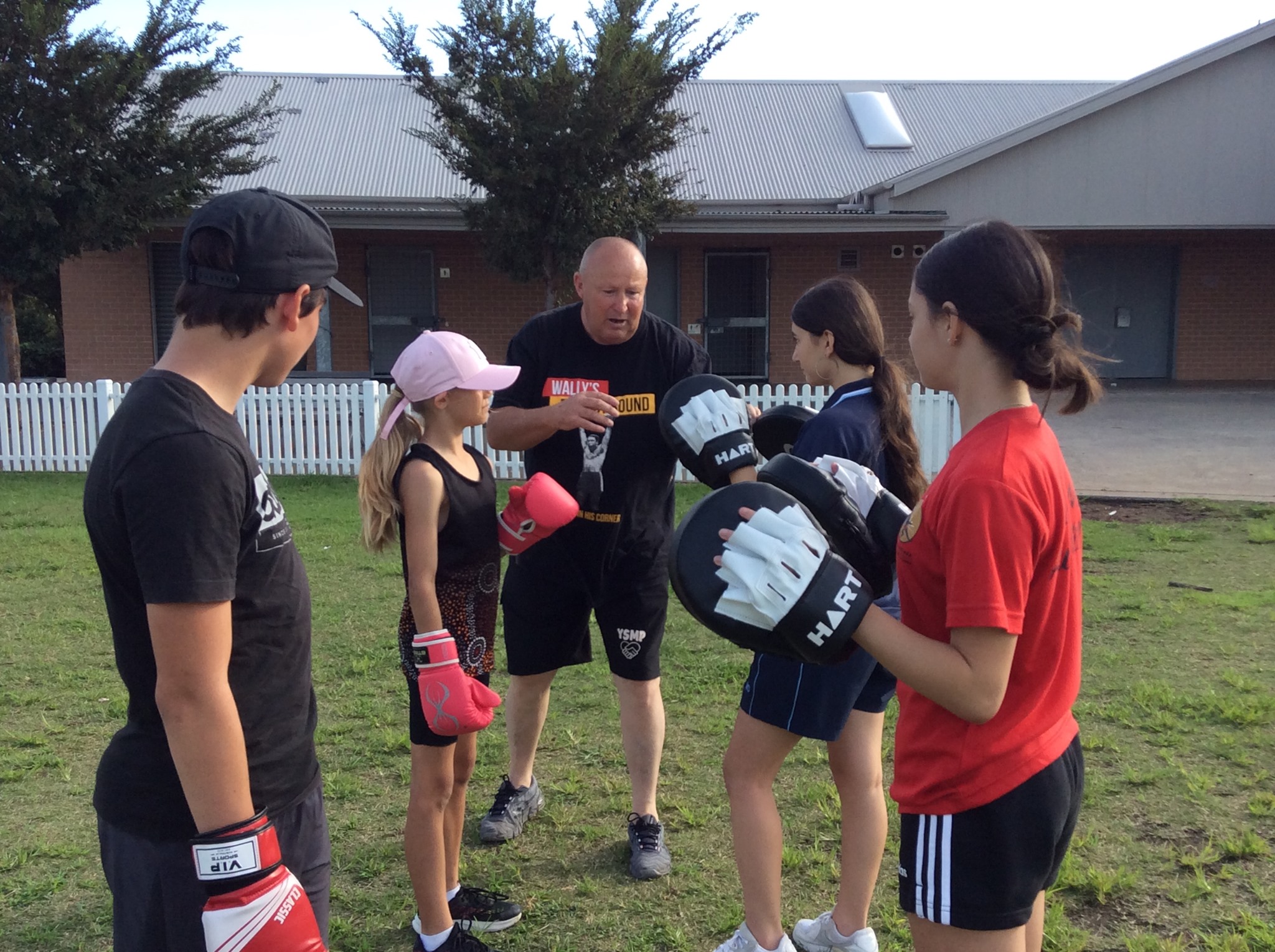
Firstly, you’ve been running the Young Spirit Mentoring Program in Campbelltown and Liverpool for the last two decades. Uncle Dave, how would you describe what YSMP is about?
YSMP is a hardcore resilience program to teach kids to be active and to get out of the house. A lot of the youths don’t have father figures in their lives.
We provide them with team leaders, guidance and support, as well as a place where they can feel safe. It’s about providing routine.
So, these are kids in need of extra mentoring outside of the schooling system and the home environment. What does it involve when they join?
First, we have to talk to the parents. We have a consultation with them. We show them that we have all the policies and procedures in place.
Then we build rapport with the kids. Our program is designed to deal with all their needs. It empowers them and they develop ownership of the program.
So, they come in as the mentee, but they leave as the mentor.
How has the program been operating over the last 20 years?
We are about to get a hall in Bonnyrigg as a base. But, in the past, we didn’t have a proper base where we could train the kids indoors.
We were walking from Rosemeadow to AB Central, which is at Airds. That’s about four or five kilometres, and we had to walk it every day, without transport.
The kids from around the area are from disadvantage. There’s nowhere for them to go. There are no youth centres. The nearest place to go is the Police and Community Youth Club, which is at Minto.
So, boredom sets in, and the next minute, these kids are peer pressured into gang mentality, because there’s no one on the ground working with them.
For sixteen years, we didn’t have a proper base and we were running the program three mornings a week.
We had to get the kids over to AB Central. So, we had to get them up at 5 o’clock in the morning. We had 30 volunteers involved in going around and getting them at that time.
This was to get them into a routine and in the right mindset. We develop an action plan of where the kids want to go in life.
Through this program we see that by the end of year 11 and 12, they have already done two years of their apprenticeship. So, they have a two year accreditation on their apprentice when they leave school.
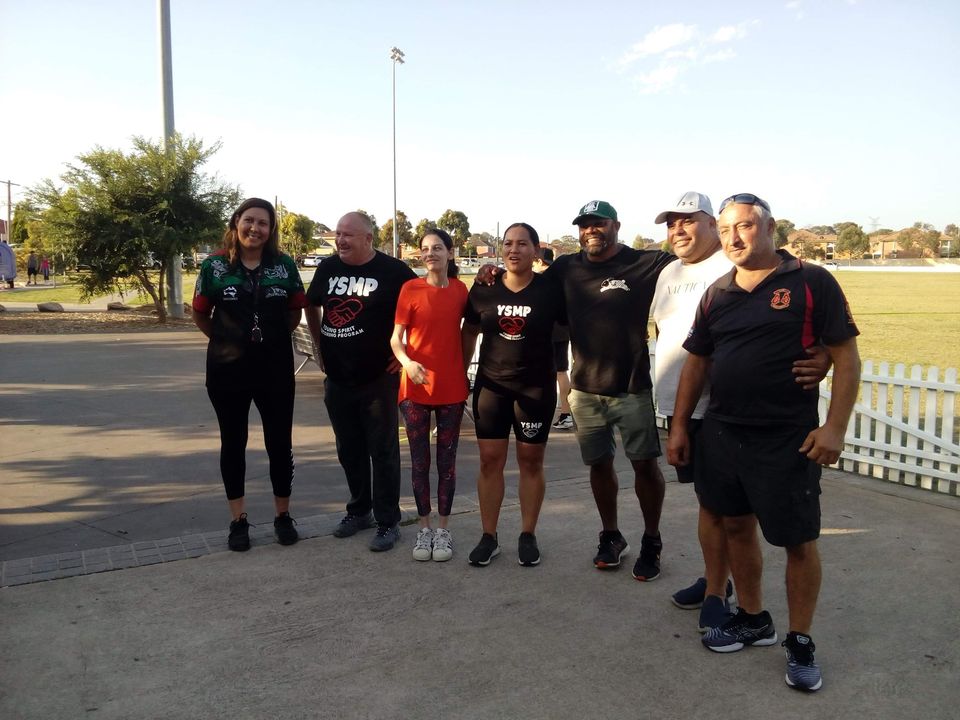
What’s the schedule like these days?
We are doing two days a week. We do it at 4.30 pm on Monday and Friday at Rosemeadow Basketball Courts. We have about 40 kids come.
We start with exercise. Then we do a fitness circuit that goes for 20 minutes. And then they get stuck into the boxing.
We give the kids their own pads and mitts. After they come four times, they basically own it.
It’s incentive based. We give them their own uniform. They’re then representing and doing good things in the community.
We have role models teaching them. We have mentors holding the pads for them. But then the kids become adults and they become the mentors teaching the mentees.
How many kids over the last two decades has the program helped? And what sort of effect does it have on them?
About 10,000 kids have come through our program. And we have an 80 percent success rate.
We used to be down at Campbelltown courthouse every Monday, to make sure we were there to support the parents. I still sit on the justice panel for court support with the attorney general.
Kids get referred to our program for discipline and guidance: to try and put them on the right path and make them better people in society.
What has YSMP’s impact been on the local community?
It’s all to do with outreach. There is no money put into outreach. We are on the frontline dealing with the families that come with hardship and needs.
During the COVID lockdowns, we were the only ones out in the community giving out food. We have built up a lot of trust and rapport with the community.
The impact has been that these kids have become role models within society and they’re now giving back to it.
If anyone wants to sponsor the program, we will set up a profile on these kids and what they’re actually doing.
Right now, we’re setting up an initiative called Fight Academy. It’s starting in Bonnyrigg in two weeks, and it will then be launched in five weeks.
We have five components in it. Firstly, there’s the cultural program: the reconciliation wrap plan. Then we’ve got education. We’re dealing with Daren Dunn to bring cultural components in place.
This is not only for Aboriginal people. It’s a multicultural program led by First Nations people.
We have health and fitness that brings self-awareness. We have Jeffrey Morgan who is a facilitator in nutrition.
And we’re setting up scholarships for kids to go from year 6 to a more suitable private school if that’s what they want.
The main thing is employment. When they leave school, what are we going to set in place to make sure these kids have got something to go to?
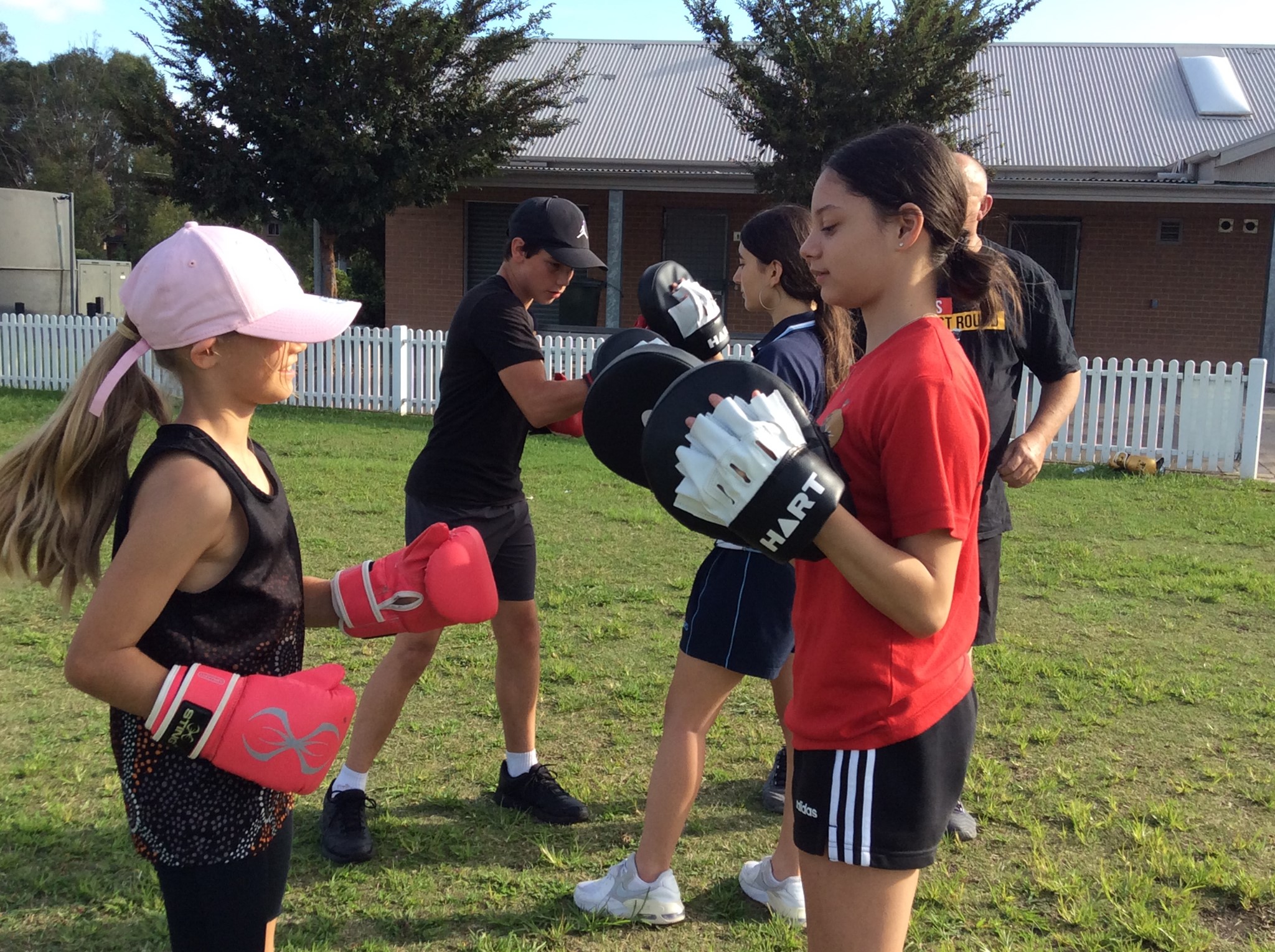
As you mentioned, the program also involves a food distribution initiative. How does it operate?
We are the biggest distributors of food for Second Bite. Every Wednesday at the South West Multicultural and Community Centre at 4 Surrey Street Minto, we’re giving four tonnes of food away.
We’ve got seven outlets from Second Bite, where we go and pick up food every day. We have about six drivers to do this.
What sort of team have you got working alongside you?
I’ve got 40 volunteers. All of them are good people, who have health and safety qualifications.
As an aside, you’re a Wiradjuri elder and a prominent organiser in the local First Nations rights movement.
At protests, you always give a welcome to country. Can you tell us about the significance of that?
First of all, people need to know what country they’re coming to. They need to ask permission to come into the boundaries. So, people need to understand when they set foot into a country that they have to seek permission.
We want to make sure that the people in the audience listen to our journey and become a part of that journey. It’s truth-telling.
It’s all about trying to guide them to understand the Aboriginal people of the land they’re on, with the significant boundaries and the lore that we’re sharing with them. So, they can come on the ride with us.
Back in the day, Darkes Forest was one of the biggest trading centres for Aboriginal people. It was where we all went before colonisation.
We went down there through the rivers and traded in the caves in Darkes Forest. That’s where we all congregated and shared storylines.
And lastly, Uncle Dave, for those out there in the community who would like to donate to or help out with WSMP, how can they go about doing that?
We are about to get the hall in Bonnyrigg from the Daystar Foundation. They have DGR status, so if anybody wants to donate it’s tax deductible.
It’s important that they support the kids within these centres. We have awards for the kids every month. It’s all about trying to build a better relationship on both sides of the fence.
Daystar is going to do all the infrastructure to make sure we move into better outcomes.
Around Bonnyrigg there are about eight or nine seriously disadvantaged areas that we cater for.
This program is free. Everything we do is free.


